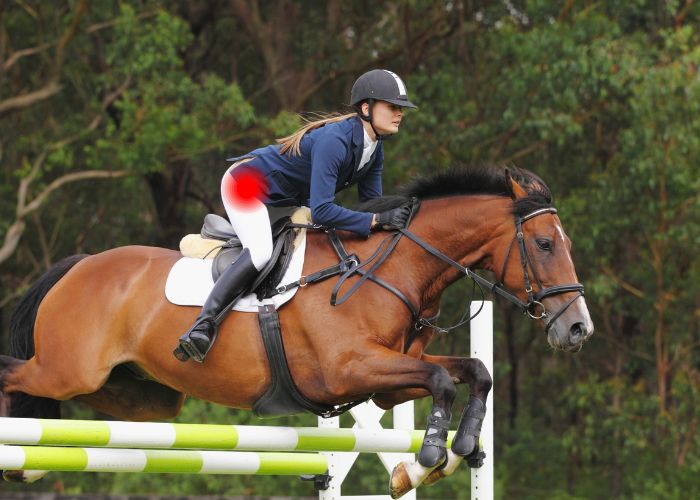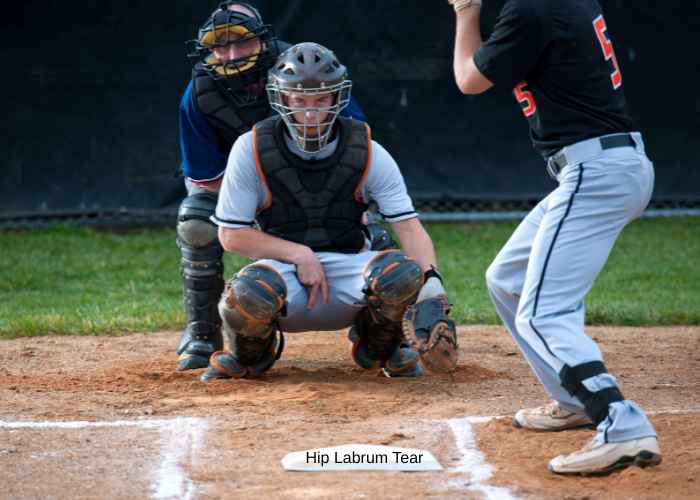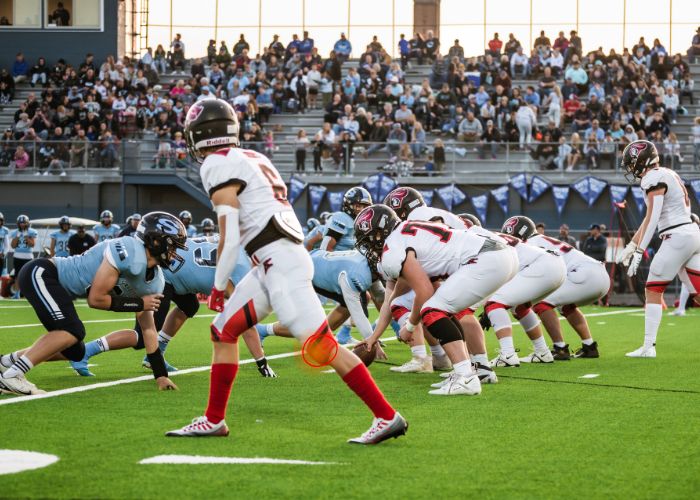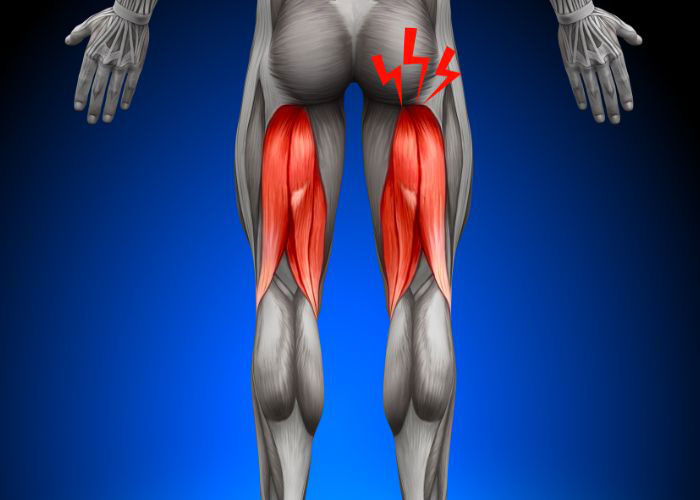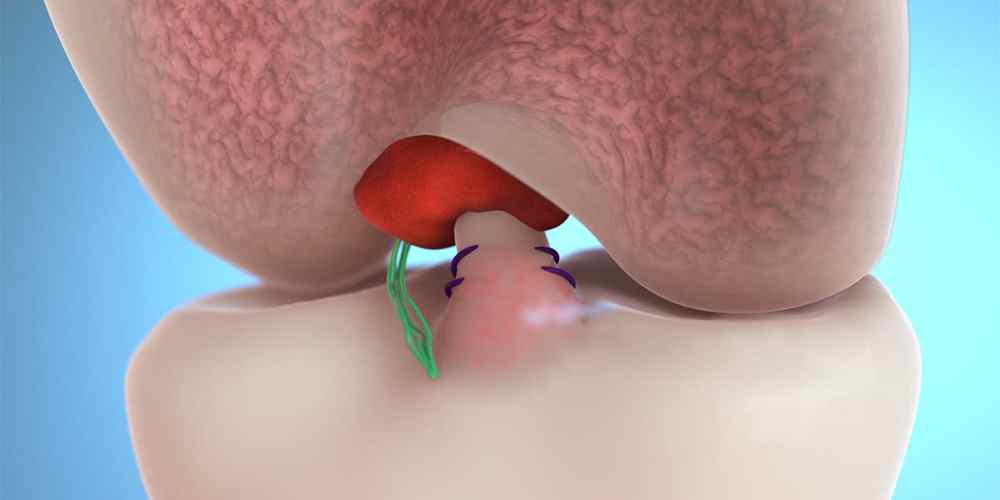*Click on the questions below to expand answers.*
Sudden Knee Pain with ACL Injuries
ACL tears generally result in sudden, sharp, intense pain in the knee immediately after the injury. This can be followed by constant, aching pain.
Knee pain that occurs suddenly during a twisting or pivoting motion is often a sign of an ACL tear.
The pain is usually in the center of the knee and often deep within the joint.
ACL injury pain may be severe initially; however, it may vary depending on the extent of the injury and associated damage.
Knee Swelling, Bruising and Tenderness Related to ACL Injury
When a fall causes a ligament tear, it can cause your knee to bleed inside the joint and swell rapidly due to your body’s inflammatory response to the injury.
Swelling from an ACL tear or injury usually begins quickly, within a few hours of the injury.
Depending on the severity of the injury and how quickly it is treated, swelling can last for several days to weeks.
Although it may not be immediately visible and can develop over several days, bruising often occurs with ACL injuries.
When you are suffering from a torn ACL, you will likely experience tenderness around the knee joint along the line of the ligament and where there is swelling.
Knee Instability, Knee Gives Out, Knee Buckling, Knee Locking with ACL Injury
Instability is a common symptom of an ACL tear. A feeling that the knee is “giving out” is common since the anterior cruciate ligament helps stabilize the knee joint.
A torn ACL causes the knee joint instability making it difficult to bear weight or perform certain movements.
A sudden feeling of the knee buckling or collapsing under weight, especially when accompanied by pain, swelling, and a popping sound at the time of the injury, is usually a sign of an ACL injury.
The feeling of a locked knee can accompany an ACL injury due to swelling, inflammation, or damage to other knee structures, such as the meniscus.
If your knee won’t straighten after an injury, an ACL tear or other serious knee injury may be present, and a medical evaluation for diagnosis and treatment is recommended.
Knee Popping or Knee Snapping
A popping sound at the time of injury is often reported when the ACL ligament tears and is usually be followed by severe pain and swelling.
An ACL injury can cause knee popping during movement, along with pain and swelling.
Difficulty Bearing Weight on Knee
If you are having difficulty bearing weight on your knee, you may have an ACL tear which affects your knee’s ability to support weight.
It is possible to walk with a torn ACL. Knee pain and instability while walking indicate the need for medical evaluation to diagnose the injury.
Limited Range of Motion and Stiffness in Knee
Swelling and inflammation caused by an ACL tear can cause stiffness due to a restricted range of motion.
ACL tears can cause pain, swelling, and instability which make it difficult to fully bend or straighten the knee.
While some range of motion is still possible, movement is generally limited due to pain and swelling.
